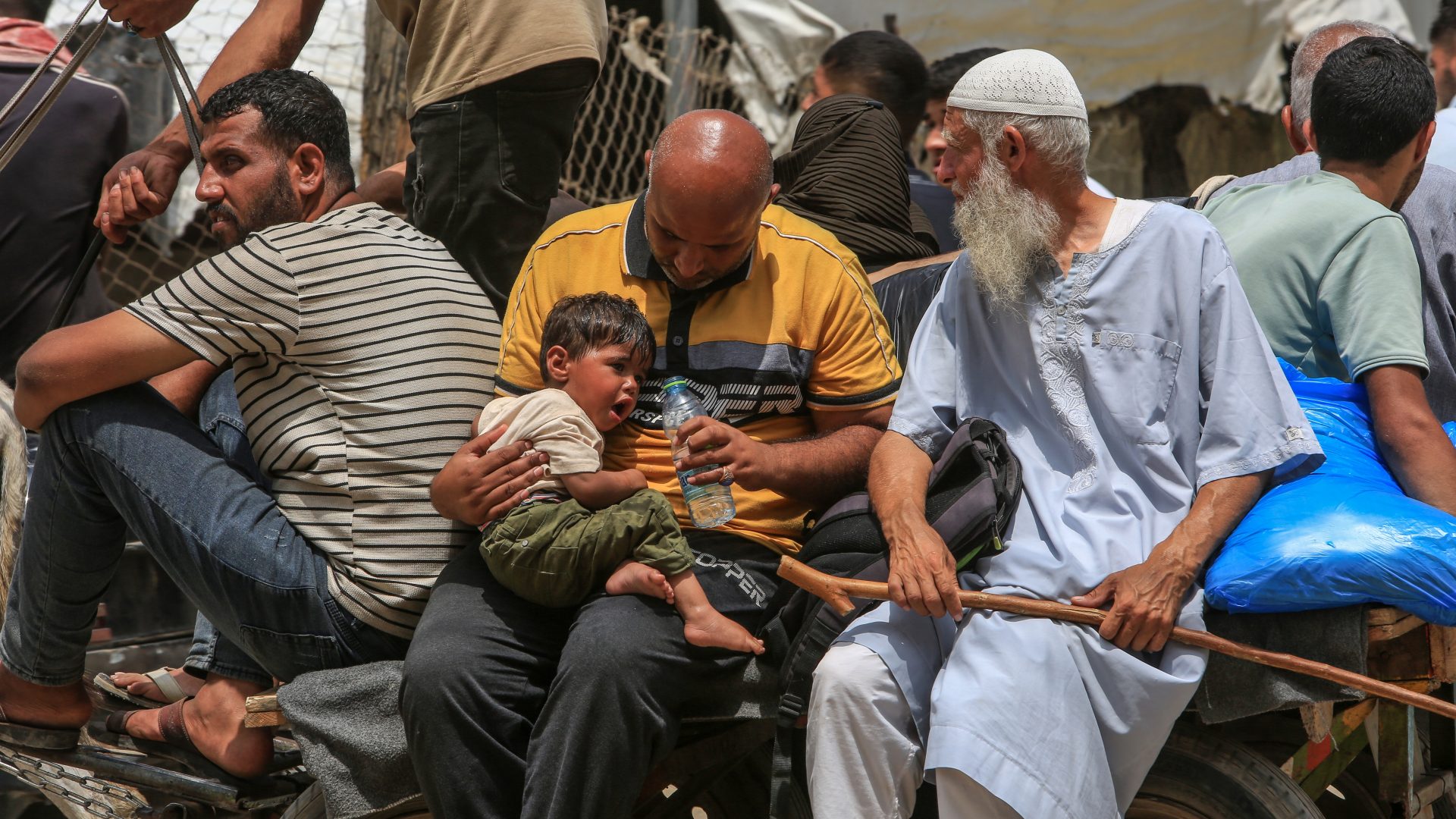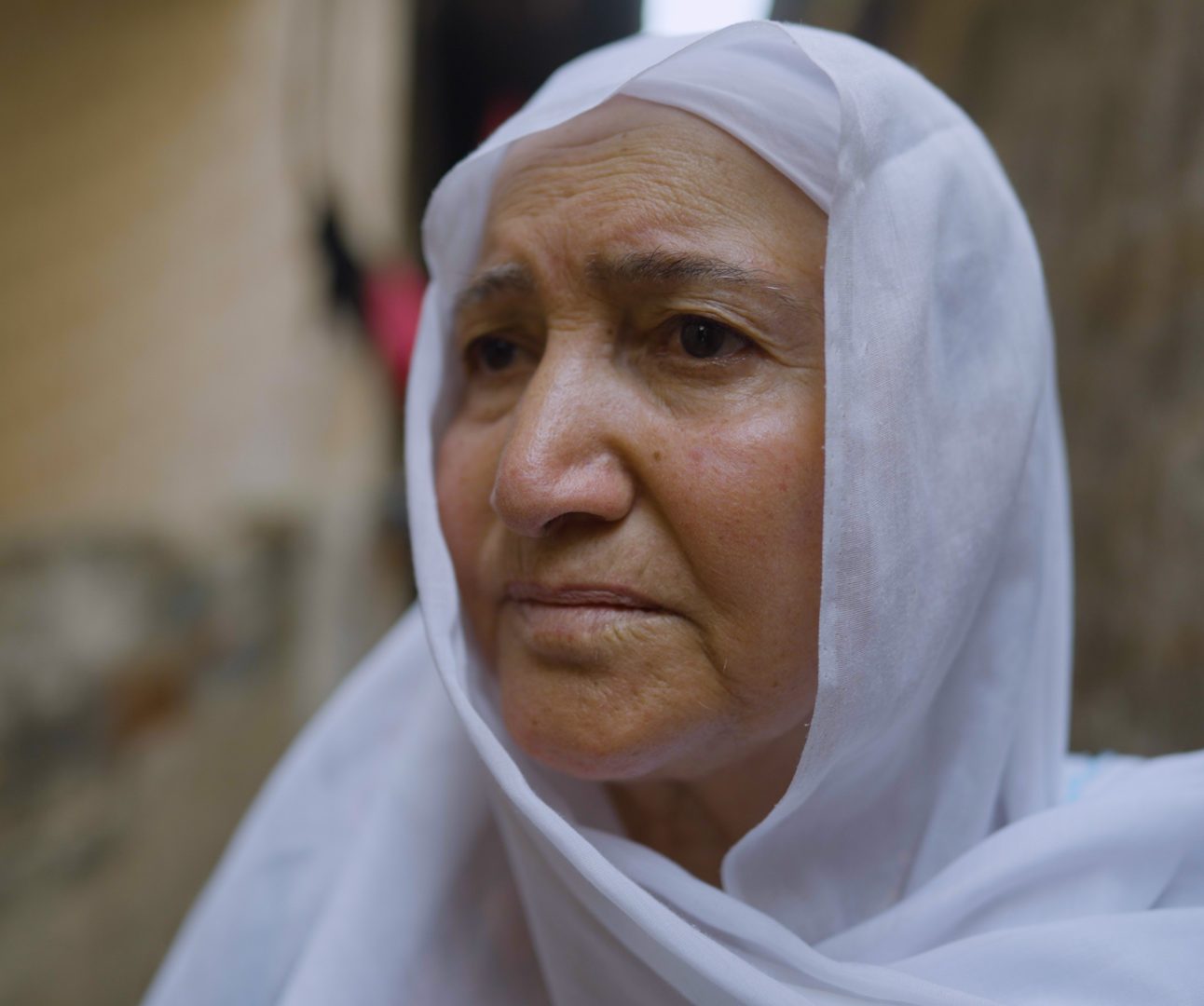The Plight of Older People in Gaza
Older people faced four major challenges: lack of medication, housing, nutrition, and safety. These challenges were compounded by their specific needs, which made survival even more difficult. Many older people lost their homes due to the bombings and couldn’t move to safer areas because of physical limitations. Some died during these forced movements or while trying to survive in makeshift shelters, exposed to the harsh cold of winter.
Medications and vitamins, essential for older people, became scarce. This scarcity was devastating for those with chronic illnesses like diabetes, heart disease, arthritis and other conditions that require constant medical attention and treatment. Without access to medication, many suffered immensely, and some even died from preventable complications.
The psychological toll was equally severe. Many older people had already endured a lifetime of hardship. Having been born in a tent in a refugee camp during the 1950s, it was a cruel twist of fate to see them end their lives decades later in another tent. The constant fear, lack of security, and the sight of their community falling apart around them left deep psychological scars. Their trauma was exacerbated by the inability to protect and support their families, leading to feelings of helplessness and despair.
Nutrition was another issue – the food shortages affected everyone, with older people being particularly vulnerable. Many couldn’t queue for hours or fight for the limited food supplies, leaving them at a higher risk of malnutrition.
As people fled to the southern regions of Gaza, the overcrowding made these issues even worse. Areas designed for 90,000 people were suddenly home to more than 2 million. This extreme congestion made it nearly impossible for older people to move around, access services, or even find a safe place to rest. Walking the streets meant navigating a sea of people, often stepping over those who had collapsed from exhaustion or injury.
The lack of sanitation and piled garbage contributed to the spread of diseases, which older people are particularly susceptible to. Without proper waste management, the environment became hazardous, further endangering the health of older people who already had weakened immune systems.
Their suffering serves as a stark reminder of the broader impacts of conflict, affecting the most vulnerable members of society in more ways than one.


